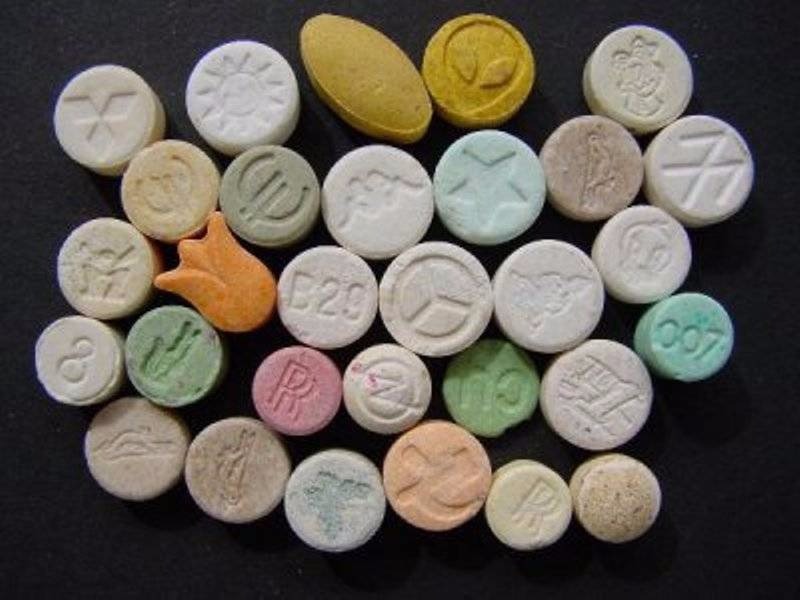Reducing the Harmful Effects of Stimulants and Euphoriants
Hello, friends! Today, let’s talk about an important topic: how to reduce the harmful effects of using stimulants and euphoriants. Everyone knows (even if not everyone admits it) that using these substances is not good for your health. If you do use them, here are a few valuable, science-based tips on how to minimize the negative consequences.
How Stimulants and Euphoriants Work
To understand how to reduce harm, let’s first look at how “fast-acting” substances work and why they have such strong effects. Our central nervous system relies on three main neurotransmitters: dopamine, norepinephrine, and serotonin. These chemicals influence our mood and overall state. In short:
- Dopamine is responsible for pleasure and reward.
- Norepinephrine is responsible for alertness and energy.
- Serotonin is responsible for positive mood and empathy.
Normally, these neurotransmitters circulate in the CNS at moderate levels and are broken down by the enzyme MAO, while the body gradually replenishes their supply. So, how does something like amphetamine work? Simply put, amphetamines cause a massive release of neurotransmitters in the CNS. When you use them, your neurotransmitters are used up much faster, which is why you feel the effects so strongly. Dopamine gives you euphoria, norepinephrine keeps you awake, and serotonin makes you feel love for everyone. For example, regular amphetamines mainly release dopamine and norepinephrine, while substances like MDMA also affect serotonin.
So, it’s not the substance itself that makes you feel high, but your own “resources.” (Yes, amphetamines and similar drugs have a primary effect similar to adrenaline, but that’s not the focus here.)
What Happens After Use?
Once you stop or the “magic powder” wears off, you experience depletion of neurotransmitter reserves. This leads to bad moods, anger, weakness, anhedonia, and other withdrawal symptoms. If you try to “fix” this with more of the substance, you might feel better temporarily, but only because your body is burning through even more neurotransmitters without time to replenish them. This creates a vicious cycle and dependence, pushing you deeper into a hole. The more you use, the less effect you get, and the higher the dose you need. When you stop, you can become depressed, irritable, and anxious. This never ends well.
What Can You Do?
The solution is simple: help your body restore its neurotransmitter reserves in the CNS.
To put it simply, imagine neurotransmitters are like gasoline for a car, and stimulants are like a nitrous oxide booster. Turn on the booster, and you go faster, but you burn through gas much quicker. Fast driving is fun, but you need to refuel, or the car will stop. Let’s talk about how to “refuel.”
How to Restore Neurotransmitter Levels
Normally, your body gets the necessary building blocks for neurotransmitters from food, but in small amounts. That’s enough for everyday life, but not enough to recover from stimulant use. Serotonin is mostly produced during sleep, which people using stimulants often avoid. So, you need concentrated substances that your body can turn into the neurotransmitters you need. These are simple amino acids:
- L-Tyrosine is converted in the body into dopamine (and also affects norepinephrine levels).
- 5-HTP (5-hydroxytryptophan) is converted into serotonin.
These amino acids have been used in the U.S. for treating amphetamine and cocaine addiction. In some studies, they’ve even shown better results for treating depression than standard antidepressants.
They are not harmful—in fact, they’re beneficial. How should you take them? Simply take them orally as tablets, capsules, or powders. Follow the dosage instructions, which are usually a few grams. For intensive recovery, take them several times a day. If you don’t use stimulants often, fewer doses are enough to maintain a good mood. If you take them during a trip, they can slightly enhance the stimulant’s effect (for reasons you can probably guess).
Other Tips for Minimizing Harm
This simple and straightforward solution can help you feel better and recover faster. Other ways to minimize harm—like taking calcium, vitamins, getting proper rest (sleep, eating soups and grains, fruits and vegetables), and using supplements for gut health—are probably obvious to most people. The harm from neurotransmitter depletion in the CNS happens much faster and can seriously disrupt your life.
Wishing you all good health and long lives!



